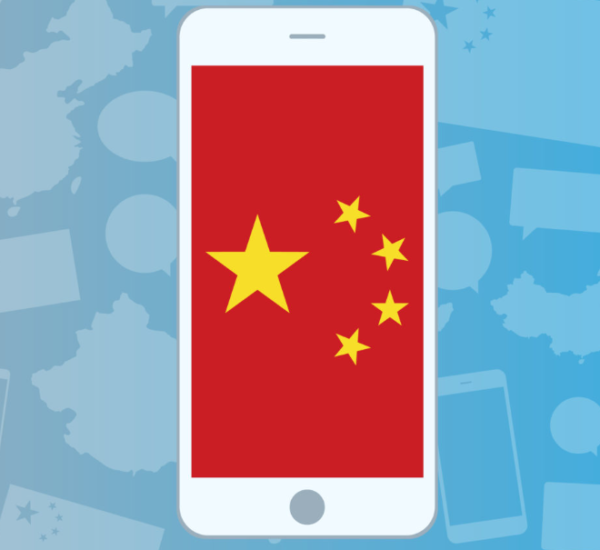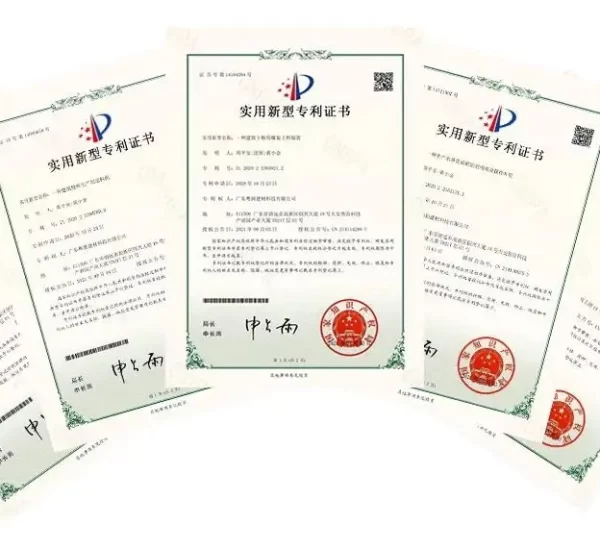Recently updated on February 21st, 2024 at 08:36 pm
As medical devices manufacturers seek to expand their shares in global markets, the need for medical devices translation has grown at an unprecedented rate.
Here’re a few tips to help you start if you’re considering expanding into the Chinese medical devices sector.
What is the Medical Devices Industry?
The medical devices industry is one of the largest and most thriving fields in healthcare, science, and technology. This tremendously fast-growing sector develops and sells medical devices to healthcare institutions such as hospitals, doctors’ offices, and related firms. Their products include instruments, apparatuses or machines for treatment and diagnostics.
How Big is the Medical Devices Industry in China?
According to the U.S. Commercial Services, sales of medical devices began to soar in China in 2013, making it the second-largest market in the world. China is currently one of the world’s more promising markets for medical devices, and it’s a wise choice for businesses in the medical devices industry to expand into the Chinese market.
Understanding Medical Devices Regulations in China
The National Medical Products Administration (NMPA), previously the China Food and Drug Administration (CFDA), is the institution responsible for pharmaceuticals and medical devices regulations in China.
Similar to the FDA in the United States, the NMPA classifies medical devices into three classes (from I to III) depending on their potential risk. Class I devices are associated with the lowest risk, while Class III devices are associated with the highest risk.
Scope of Medical Devices Registration in China
In opposition to the European Union, China classifies medical devices into three classes:
- Class I – includes all devices whose safety and effectiveness can be ensured through routine administration.
- Class II – includes all devices that require further control to ensure their safety and effectiveness.
- Class III – includes devices that are used for life support or sustenance, pose a potential threat to patients’ health, and are implanted into the body.
💡If a medical device company wants to register a device that is not manufactured in China, it is required that the company provide device samples to the NMPA for testing. In the case of registering Class II and Class III devices, manufacturers are obligated to send the appropriate documents showing that the device has been approved in its country of origin (i.e. CE Mark, 510(k) letter, ISO 13485 certification, approved Premarket Approval Application). It may also be required to provide supportive clinical data along with the application. All product information on packaging and labelling must be translated to Simplified Chinese.
On October 31, 2017, the NMPA published a draft amendment to the Regulations on the Supervision and Administration of Medical Devices. On June 25, 2018, the NMPA published a revised draft amendment.
💡💡💡Medical device registration in China is now valid for 5 years (previously it was valid for only 4 years). If a manufacturer wants to renew a device’s registration, a renewal application should be submitted 6 months prior to the expiration date to the same department that received the original registration submission.
If you’re thinking about distributing medical devices to the Chinese market, you must be clear about the most important and up-to-date information regarding medical device regulations and the registration process in China.
Medical Device Name Registration in China
On 21 December 2015, China Food and Drug Administration (CFDA) issued the ‘The rule of setting medical device’s generic name’, which would be put into effect on 1 April 2016.
The purpose of this document is to regulate the generic name of the medical device to be sold in China, therefore the users can easily identify the functions of the device. It defines the key elements to form a medical device’s generic name in Chinese characters, and which words should not be used.
💡Selecting the appropriate Chinese generic name has now become a critical element in a regulatory strategy for medical device registration in China.

Medical Devices Translation Services by Chinese Copywriter
Chinese medical translation requires the highest linguistic quality and technical precision.
Our medical devices translation service delivers absolute precision and linguistic quality you can trust, allowing you to effectively manage global regulatory risk and confidently communicate with international customers, physicians, doctors, and patients around the world.
Medical Device Labels Translation
Together with the instructions for use, medical device labels must be translated to be regulation-compliant when the product is sold in international markets. The labeling documentation should show clearly where particular information will be provided and descriptive and information literature that companies the devices.

Medical Devices Software Localization
Modern medical devices increasingly use sophisticated software applications to manage and conduct advanced operations. This is why most medical device translation projects today involve some levels of software localization (or L10N), a process that extracts the software user interface (UI) strings into external resource files, translates the strings into the required languages, and recompiles them back into the localized application.
💡In addition to UI string translations, the translation service provider must perform linguistic validation or linguistic quality assurance (LQA) as well as functional and cosmetic testing to ensure the localized software is fully operational.
Types of Medical Device Documents We Translate
Chinese Copywriter provides comprehensive medical devices translation solutions for all types of medical device content, including design documents, manufacturing guides, operational instructions, compliance declaration, marketing, IFU, and customer training materials.
- IFUs (Instructions for Use)
- Medical devices Operation Manuals, Instruction and User Guides
- Product Catalogs
- Clinical Training Materials
- Brochures and web content
- Informed Consent Forms for clinical trials
- Localization of medical device software, translation of resource files
English-Chinese Glossary of Medical Device Terms
The following is a brief list of commonly used medical device terms.
| English | Chinese |
| support structures | 支撑结构 |
| a flush port | 冲洗口 |
| adapter cap | 适配接头 |
| an appliance for hydro-ozonotherapy | 臭氧水疗仪器 |
| anaesthetic proof | 麻醉环境兼容 |
| anchor | (组织固定) 锚钉 |
| antero-septal | 前间壁 |
| atrial delivery rate | 心房刺激频率 |
| bridging material | 搭桥材料 |
| bypass connector | 旁通接头 |
| CT protocols | CT扫描方案 |
| deployment tools | 置入器 |
| electrophysiological mapping | 电生理标测 |
| Electrosurgical Patient Plate | 电外科负极板 |
| Endo Cam | 内窥镜体腔照相 |
| Endobody clamp | 镜体夹 |
| expiratory block | 呼气阀阀组 |
| sensoriality | 感受 |
| serial dispensing | 连续分注 |
| English | Chinese |
| extension | 延长导线 |
| inject contrast | 注射造影剂 |
| interlock override | 撤销/解除互锁机制 |
| internal/external | 体内/体外 |
| interscalene | 斜角肌间沟 |
| ipsilateral branch | 同侧分支 |
| labeler gripper claws | 标签夹爪 |
| Laser Applicator | 激光施加器 |
| Latex Compliance | 符合乳胶要求 |
| multi-panel cup | 多功能测试杯;多项测试杯 |
| multiple pharmacy pack | 多件包裝 |
| negative lead and positive lead | 正负导线 |
| non-suture attachment mechanisms | 无缝合连接机构 |
| Risk Priority Number (RPN) | 风险系数 |
| Roll Stand | 角轮支架 |
| security tether | 安全系绳 |
| semi-compliant | 半顺应性 |
Frequently Asked Questions
How Big is the Medical Device Industry in China in 2023?
According to a GlobalData analysis, the forecast market value of medical devices in China will be around $42.6bn this year, accounting for 8.3% of the medical devices market globally.
What Are the Biggest Companies in the Global Medical Devices Industry?
1. MEDTRONIC $31.7BN
2. ABBOTT $30BN
3. JOHNSON & JOHNSON $27.1BN
4. BECTON DICKINSON & COMPANY $20.2BN
5. SIEMENS HEALTHINEERS $20.2BN
6. FRESENIUS MEDICAL CARE $19.4BN
7. PHILIPS $19.2BN
8. GE HEALTHCARE $17.7BN
9. STRYKER $17.1BN
10. CARDINAL HEALTH $15.9BN

Chinese Copywriter Team consists of talented linguists, project managers, localization engineers, and SEO experts. Since 2012, we have been providing translation, localization, and marketing services for various international businesses targeting the Chinese markets as well as Chinese businesses expanding their global reach.



